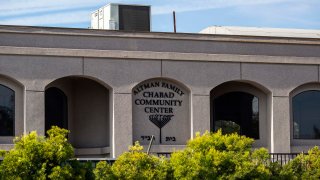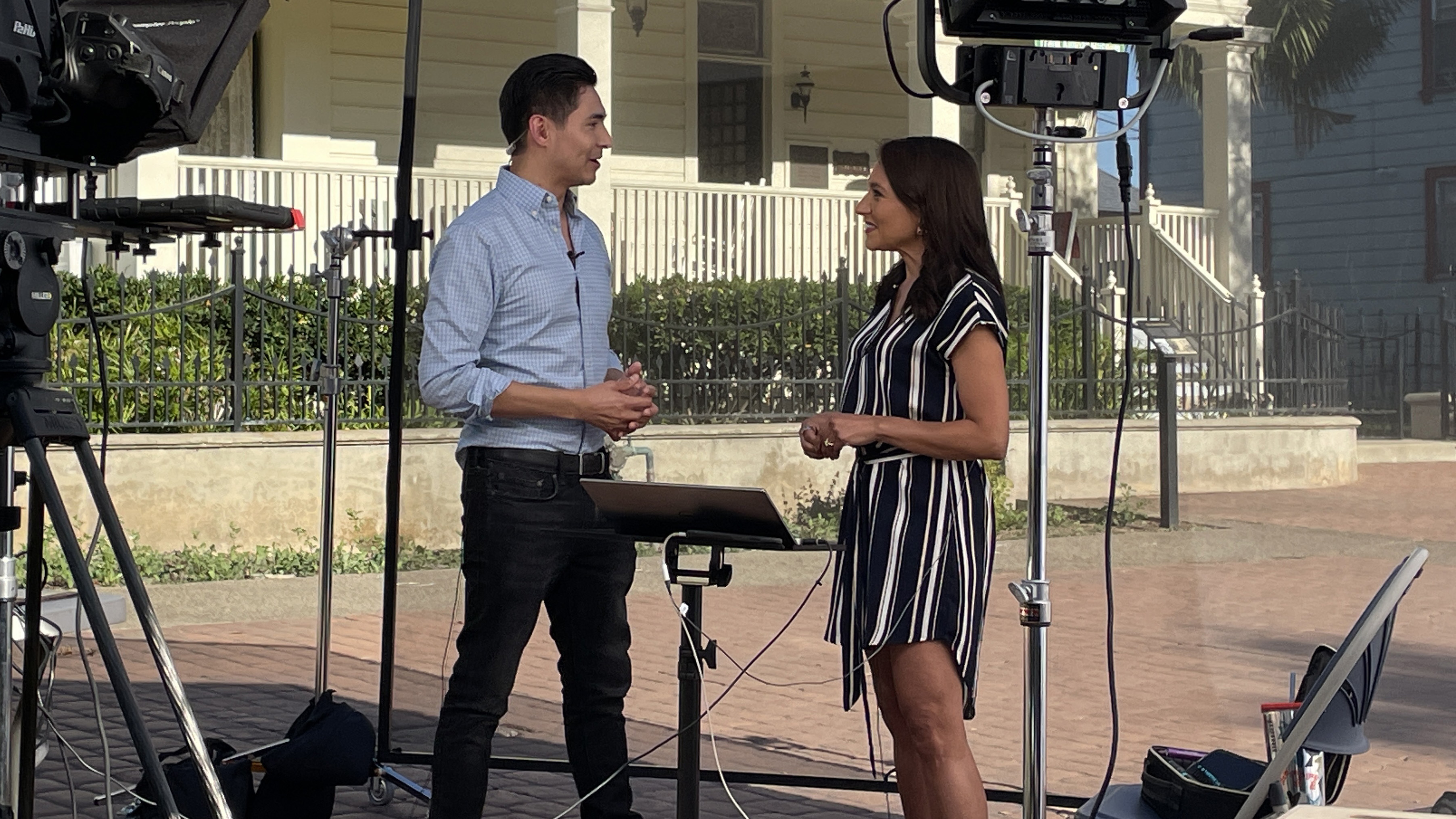
A gun control group has filed a lawsuit on behalf of the victims of last year's shooting at the Chabad of Poway, alleging negligence by the parents of the suspected gunman, popular gun manufacturer Smith & Wesson, a local gun store, and the California Department of Justice and Department of Fish and Wildlife.
Congregant Lori Gilbert Kaye was killed, Rabbi Yisroel Goldstein lost a finger, and Almog Peretz and his niece, Noya Dahan, were also injured in the shooting at the synagogue on April 27.
The San Diego County District Attorney's Office announced in March it would seek the death penalty against accused gunman John T. Earnest.
Earnest also faces more than 100 hate crime-related counts filed by the U.S. Attorney's Office and could also face the death penalty in the federal case.
Five defendants are named in the lawsuit filed Monday on behalf of the victims by the gun control organization Brady United.
The lawsuit alleges firearm manufacturer Smith & Wesson "negligently and intentionally designed and manufactured a military-style assault rifle that could easily be effective in mass attacks on people, and could easily be modified at a minimum, to include a pistol grip that protrudes conspicuously beneath the action of the weapon and enable automatic firing, in violation of federal and California state law."
Local
The company is also accused of deceptively marketing its firearms, and and selling them "without reasonable safeguards to keep it out of dangerous hands,” knowing they had been used in other mass shootings.
San Diego Guns, a retailer off Mission Gorge Road in Grantville, is also named in the lawsuit and is accused of selling the rifle to accused shooter John T. Earnest "in the absence of a valid hunting license which is legally required in California to complete the sale of an AR-15 style rifle to an individual under 21 years old."
The lawsuit also holds Earnest's parents liable and accuses them of negligently allowing their son access to firearms and tactical equipment "despite, upon information and belief, having prior knowledge of his avowed, virulent anti-Semitism and propensity for violence."
The California Department of Justice and Department of Fish and Wildlife are also held liable for allegedly failing to "administer the California firearms licensing and background check systems in a responsible manner that would have blocked the Shooter from acquiring the Rifle."
Earnest's next court appearance is slated for September of this year.
During a September preliminary hearing, the court heard a recording of a 911 call the suspect made minutes after allegedly fleeing the synagogue where he expressed anti-Jewish and white supremacist views.
Earnest allegedly admitted to both the shooting and arson at an Escondido mosque in a letter in which he espoused flagrant anti-Semitic sentiments and a need to protect the "European race.''
In the "open letter'' that authorities say Earnest posted online shortly before the shooting, the writer said he spent four weeks planning the attack, citing his "disgust'' for Jews and a desire to kill them, and expressed admiration for the Australian white nationalist who attacked two mosques in Christchurch, New Zealand, in March, killing 50 people.



